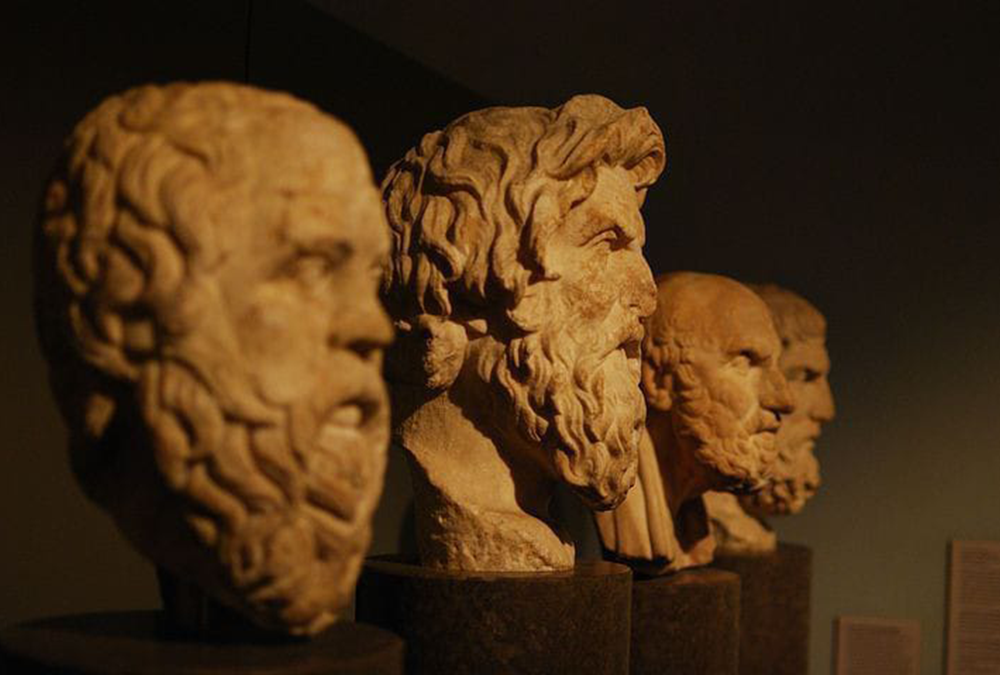Humanism is a philosophy of life that considers the welfare of humankind – rather than the welfare of a supposed God or gods – to be of paramount importance. Humanism maintains there is no evidence a supernatural power ever needed or wanted anything from people, ever communicated to them, or ever interfered with the laws of nature to assist or harm anyone.
Humanism’s focus, then, is on using human efforts to meet human needs and wants in this world. History shows that those efforts are most effective when they involve both compassion and the scientific method – which includes reliance on reason, evidence, and free inquiry. Humanism says people can find purpose in life and maximize their long-term happiness by developing their talents and using those talents for the service of humanity.
Humanists believe that this approach to life is more productive and leads to a deeper and longer-lasting satisfaction than a hedonistic pursuit of material or sensual pleasures that soon fade.
While service to others is a major focus of Humanism, recreation and relaxation are not ignored, for these too are necessary for long-term health and happiness. The key is moderation in all things.
Humanism considers the universe to be the result of an extremely long and complex evolution under immutable laws of nature. Humanists view this natural world as wondrous and precious, and as offering limitless opportunities for exploration, fascination, creativity, companionship, and joy.
Because science cannot now and probably never will be able to explain the ultimate origin or destiny of the universe, I think Humanism can include more than atheists and agnostics. The lack of definite answers to these ultimate questions leaves room for reasonable people to hypothesize about the origin of the natural universe, and even to hope for some form of life beyond this one.
In fact, two of Humanism’s greatest luminaries, Thomas Paine and Robert Ingersoll, maintained a hope for an afterlife. On the issue of whether God exists, Ingersoll was agnostic, and Paine believed in a deistic God who established the laws of nature but then stepped away and never intervenes in the world. Those beliefs did not interfere with their ability to lead outstanding humanistic lives.
Thus, in my opinion, people holding such views can be Humanists if they believe that humanity is on its own in this world, and the lack of any evidence for an afterlife means this life should be lived as though it’s the only one we have.


